The light is changing dramatically as we approach the equinox on Saturday, 23rd. The sunrise not only occurs later but the shift towards the south where the orb rises is noticeable. It created a pretty start to today, along with a bunch of clouds adding drama.
President Biden spoke at the United Nations yesterday, remind that body of the import of Ukraine as did its president Vlodomir Zelenskyy as he worried that support for the embattled nation is wobbling.
President Biden has more than Ukraine issues on his desk these days. There is this matter of Prime Minister Justin Trudeau tossing a diplomatic hand grenade against emerging U.S. partner Indian Prime Minister Narendra Modi over a Sikh assassination.
Completely underappreciated for two centuries is our amazing historic relationship with Canada. When I received the National War College mission to recraft College’s geostrategic context course, three things were odd about the existing curriculum. Remember, the course was the geostrategic context rather than geostrategic threats.
We were starting our study of the world in 1992 as if the Soviet world were still as unbending as we had supposed it when Yuri Andropov took over upon Leonid Breshnev’s death in 1982. Since Mikhail Gorbachev wrote the country out of existence on 31 December 1991, that seemed pretty passé. Sure, I knew there were folks who believed it all a scam (obviously so did Vlad the Impaler) but clearly it wasn’t my father’s Soviet system when I got this assignment. I began our course with transnational themes, then Asia as our first region to study.
The College curriculum did not mention India. Excuse me? The world’s largest democracy by population but we don’t cover it? Uh, no, we must cover it so we began. I won’t claim we were nearly adequate, however, as we did not recognise the dangers of northern reaches of the Indian Subcontinent before September 2001. But we added it as a nation approaching a billion people with worldwide ambitions, one we know virtually nothing about.
We did not mention Canada, either. That was nuts because the two North American neighbours have the distinction of a border longest both in time of peaceful relations and length of the largely unfortified border. We needed think about what would happen if that weren’t the case or what could change that peaceable situation. I brought in a lecturer who was amazing, had people enthralled by his wit until they thought about what he was saying. Because of our strict not-for-attribution rules I won’t name him but this historian told us this fabulous tale about how Canadians reacted to changes on our side of the border. He dolled it up into funny, terrific snippets of Canadian reactions to some of our proudest moments so things went swimmingly until he lowered the boom. How did Canadians know we would not take our superb Union troops in 1865 to come north of the border to bring Canada into the United States? The room got quiet as the import of what he said sunk in. Perspectives matter.
The speaker concluded, however, by pointing out—as would an Australian or Briton—that we had fought shoulder to shoulder in conflicts since the beginning of the twentieth century. Everyone in the room also knew that in 1993, as he lectured, Bill Clinton was working towards the creation of the North American Free Trade Associaiton which built upon the Canadian-U.S. trade expansion under the North American Irishmen Prime Brian Mulroney and President Ronald Reagan in the 80s. (NAFTA ultimately passed and Canada is vital to U.S. trade today). In short, I was incredulous that we were doing the world without grasping the importance of our allies to the north.
Move to the present where the Biden administration has been dogged in expanding our allies and partnerships around the world, and particularly in the Indo-Asia Pacific. The White House must have had an incredible sinking feeling earleir this week when Prime Minister Justin Trudeau condemned the Modi government for direct involvement for the assassination of a Sikh independence advocate in British Columbia. It’s a pretty scary allegation bound to fracture an already fragile diplomatic state of affairs.
The Sikhs are an ethnic minority in India, easily distinguished by men wearing turbans. Many Sikhs are in the Indian armed forces. While Sikhs are not overwhelmingly radicalised to demand separatism, the community does have a couple of noteworthy exceptions. It was Sikh bodyguards who assassinated Prime MInister Indira Gandhi in retaliation for actions againt a Sikh temple in 1984.
The individual murdered in British Columbia was living in exile from South Asia. Hardeep Singh Niijar emigrated from the Punjab of India to western Canada where he settled, married, and became a leader in the emigré community. He also became prominent for advocating Sikh separatism from the vast Indian nation. Three months ago masked men murdered him in British Columbia, at event now linked by Trudeau and other officials to India’s declaration of Nijjar there years ago as a terrorist.
Prime Minister Modi’s government, unsurprisingly, denies any involvement in Nijjar’s murder and is now expelling Canadian diplomats. Ottawa is similarly making moves against Delhi’s envoys. The two nations have not severed ties but the relationship is deteriorating. It doesn’t help that India long accused Canada of protesting Sikh nationalists against the long arm of Indian justice.
Where this will go is unclear. For President Biden, this is bad news as he will, if history is a guide, feel the need to become an interlocutor between two important players in our future. Their crisis is not at a stage where it likely will resolve right away. Crises do seem to have a battle rhythym of their own with an event, then a build up, and finally a denounment that leads to an nervous resolution.
Relying on partners and allies has its risks, particularly as their numbers increase. Each government has its own interests, its own internal dynamics to confront, and its own legacy issues setting yet further contexts. Yet U.S. policy makers over the past generation increasingly recognise that links to nations around the globe is more desirable than being the sole actor in the system. While President Trump eschewed these ties, I have no doubt he would in fact have returned to this model rather than irnogre the array of concerns outside our borders. It might be desirable to isolate ourselves but with 340 million citizen interested potentially in a range of worldwide concerns, isolationism would have become much harder than it originally appeared. Allies and partners are instruments to help us achieve those goals we cannot meet on our own.
And we have rarely acted without like-minded countries since our global role began after the War of 1898. We had allies in World Wars I and II, Korea, Vietnam, the Cold War, Southeast Europe, and most obviously in Afghanistan and Iraq. Continuing to strengthen our power through shared interests, where possible, and complementary power where feasible becomes all the more important in the vast Indo-Pacific.
Our relationship with our Canadian friends is truly one of our strongest and truly vital. How we handle this Nijjar question, however, will also have lasting consequences for our linnks to India at a time when we value those ties more by the month. It’s a delicate balance because Modi is a prickly character and India’s historic non-aligned stature already increases the work any administration must do to provide incentives for Delhi’s support. In the end, the aspiration of an Indian-American partnership may fail but the Canada alliance is incalculably necessary.
It’s not as if President Biden doesn’t have vast numbers of competing demands right ow, personal and national. The Presidency is increasingly complex in its own responsibilities at home and abroad. Yet, the remainder of the government does not have the connections Biden has. Nor does any other branch have the prestige the institution carries.
So, we will see where Trudeau, Modi, and Biden head into the next few weeks. It could be a rough ride for this and so many topics we need address. However, we are thankfully at the yak yak yak stage rather than a war war war stage which is a bloody good thing.
Annapolis is still bustling with visitors I noted en route to the Naval Academy where the Midshipmen and women are hard at work but the grounds are a serene respite from so many parts of the world. The U.S. Naval Institute hosted a superb discussion on competition with China following a marvelous lunch with several retired officers pondering the same topic. It’s a wonderful world.
Thank you for reading Actions Create Consequences as it’s a privilege knowing you do. Please send me your reactions. For those of you who so generously subscribe, thank you.
Get out into this autumn weather as time is passing quickly. Be well and be safe. FIN
Jin Yu Young, ‘What We Know about Canada’s Claims Against India About a Skih’s Killing’, NYTimes.com, 20 September 2023, retrieved at https://www.nytimes.com/2023/09/20/world/asia/what-we-know-canada-india.html

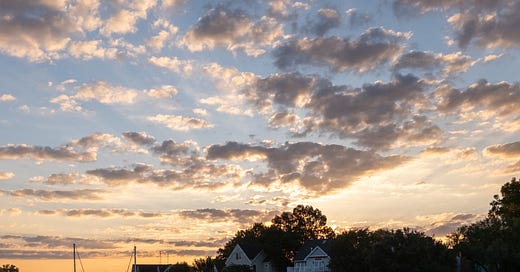



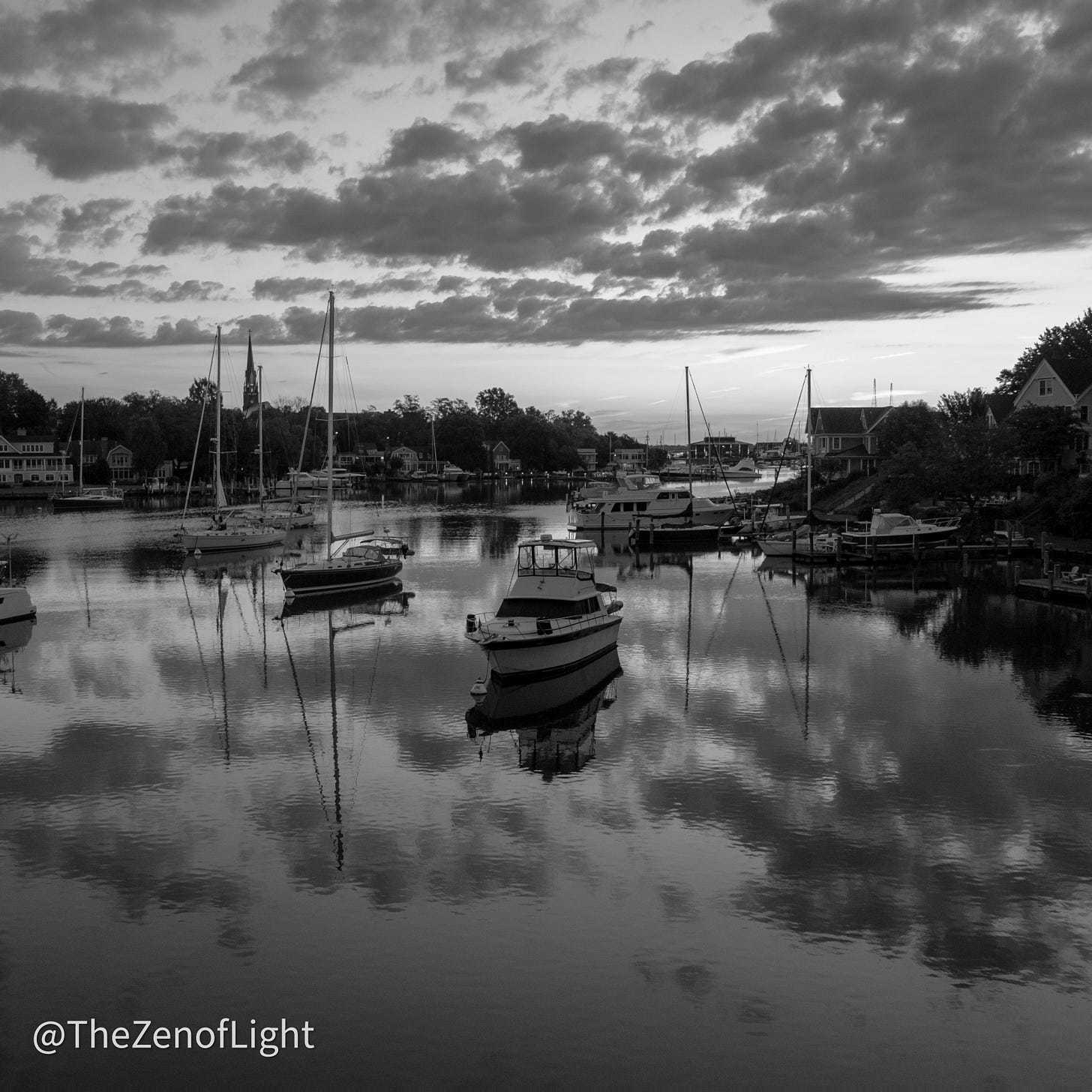
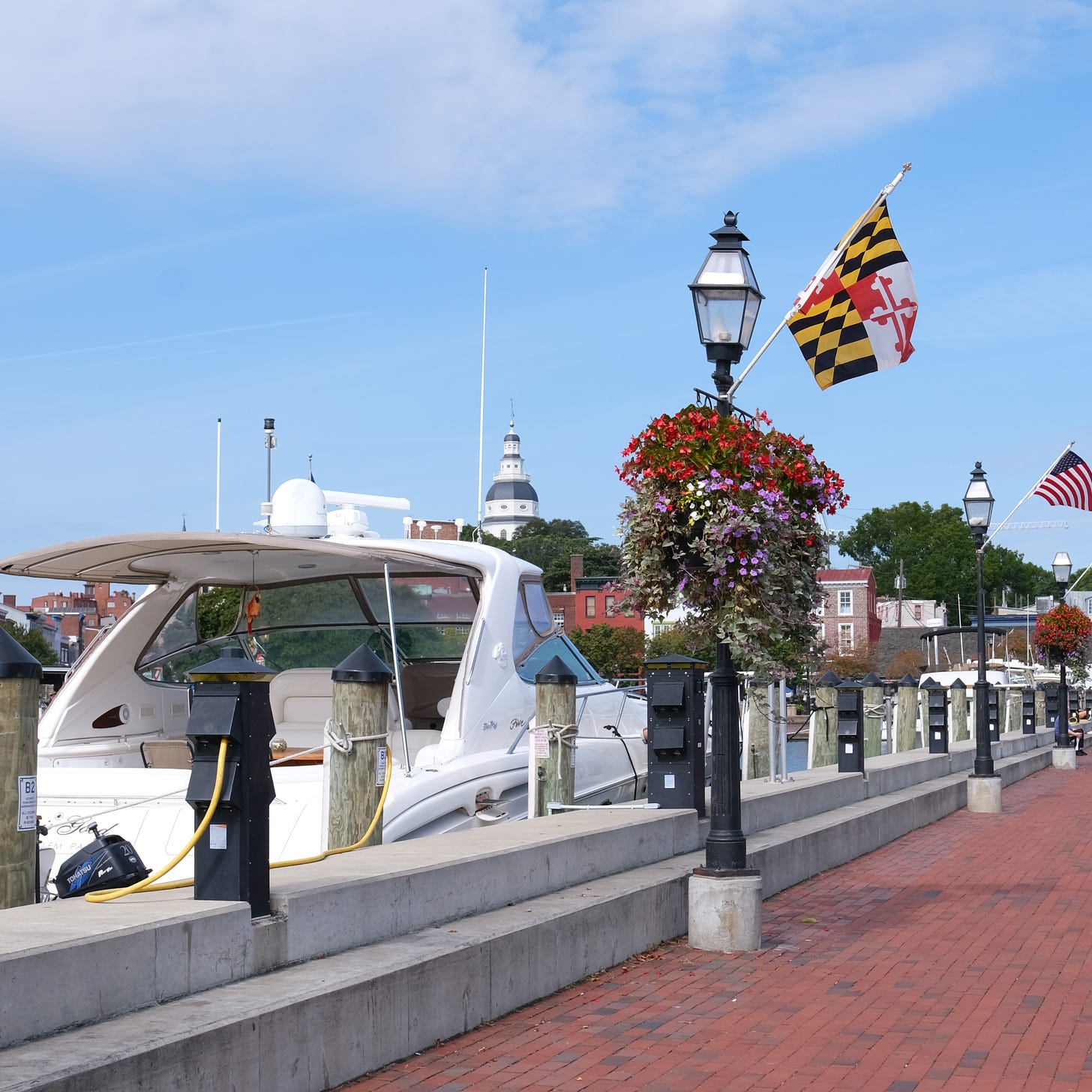
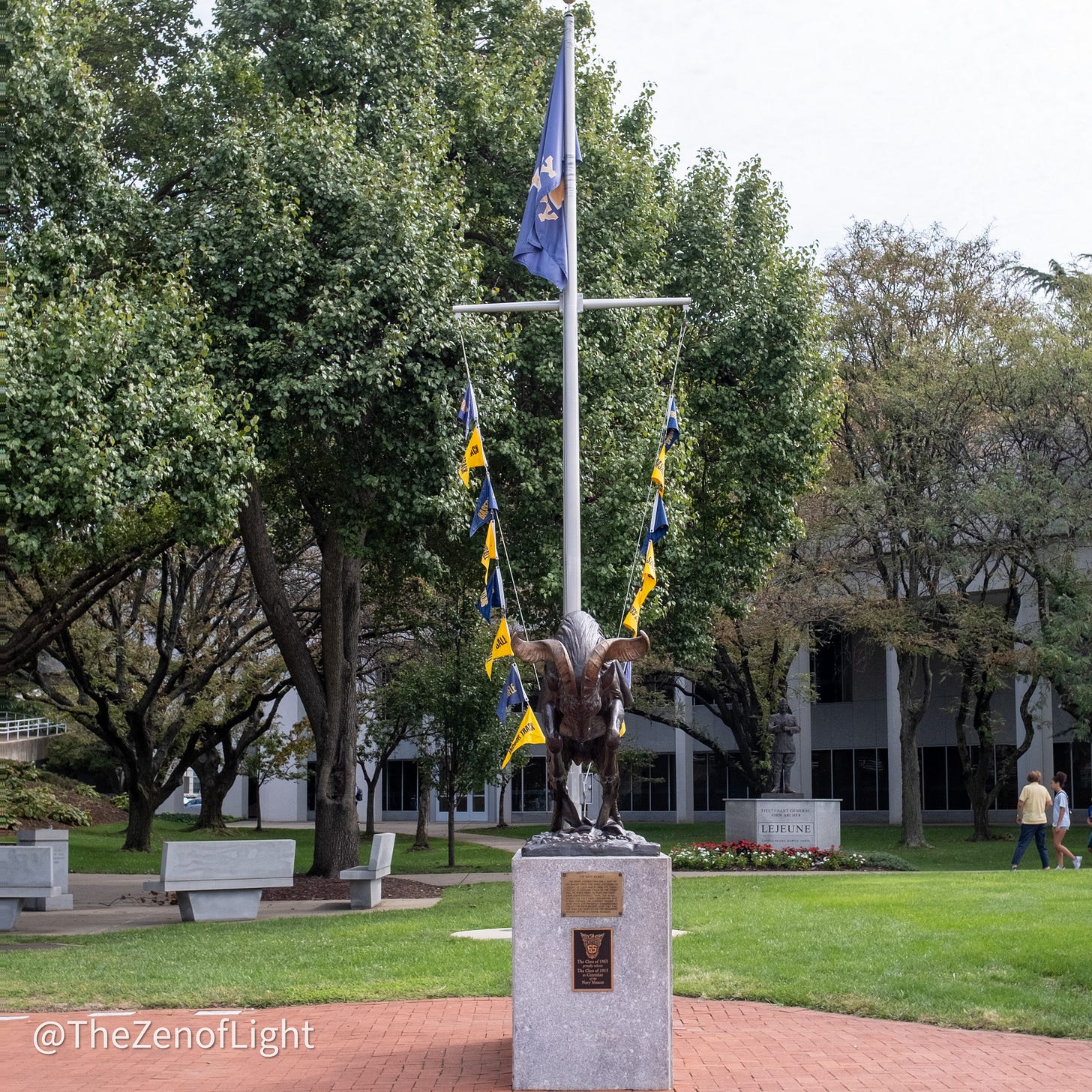
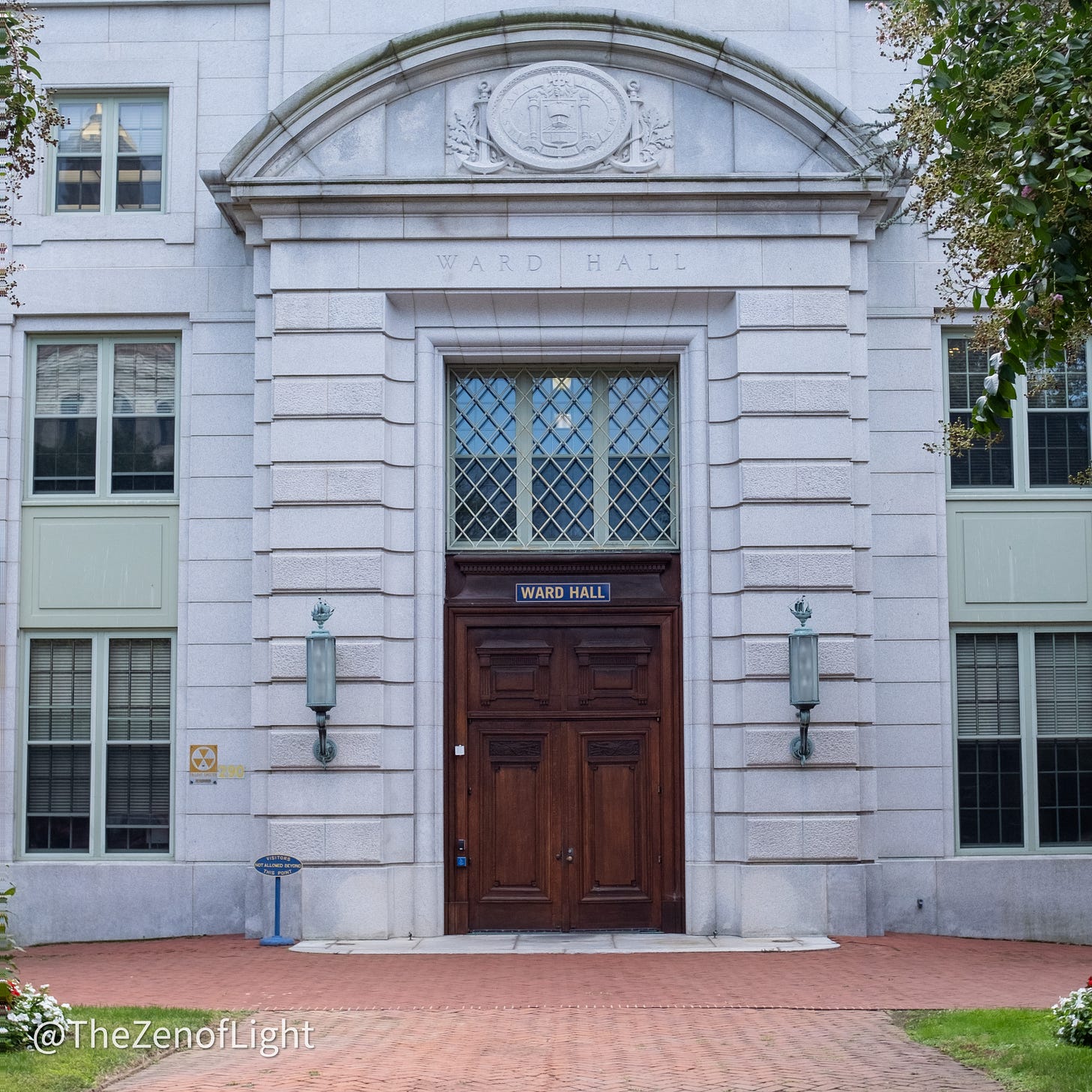
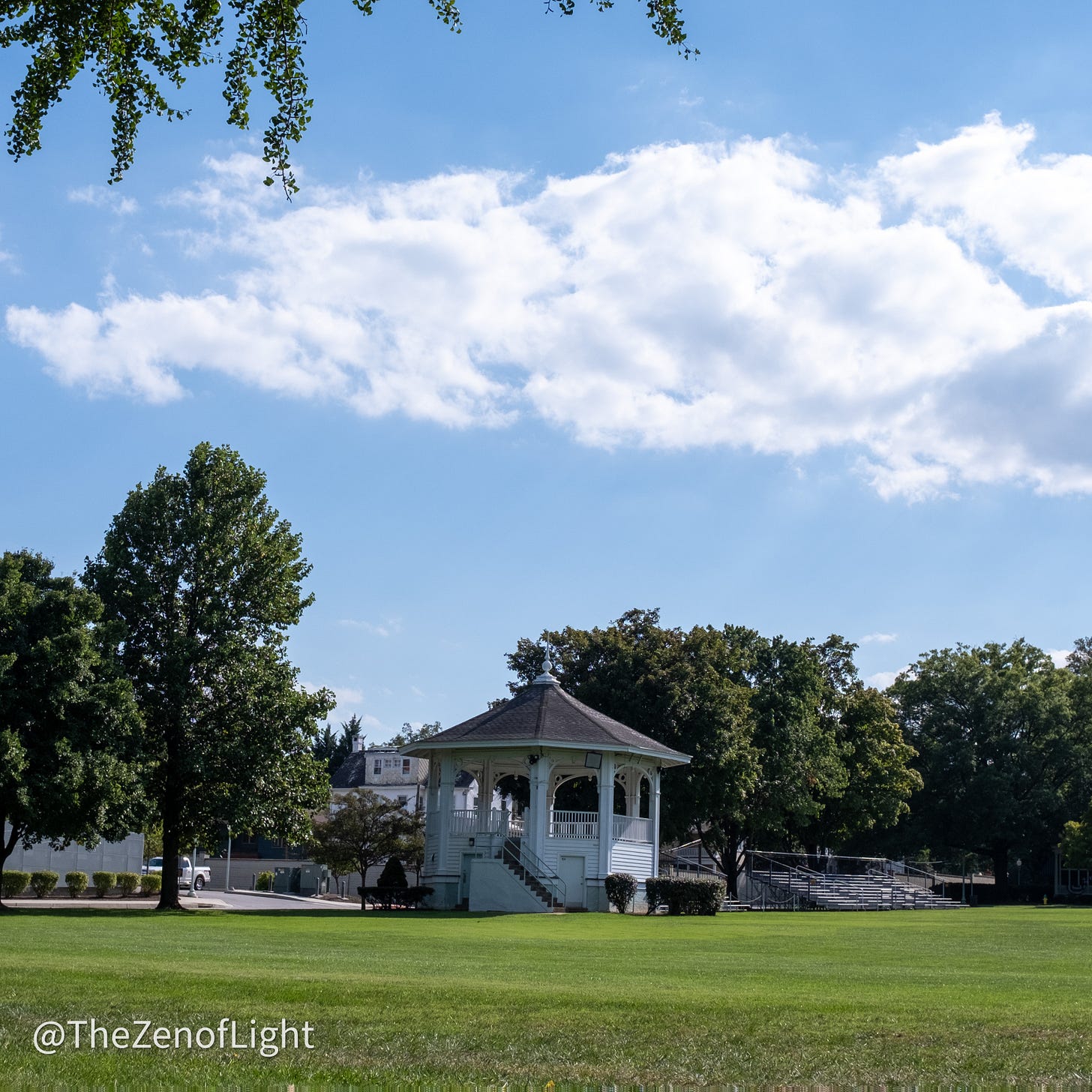
I assume a Prime Minister had strong evidence before this accusation but I am not suggesting we sort it out for them , merely how it complicates for us. Thanks!
In truth, the murder could have been committed by anyone, e.g., some very frustrated evil person struggling with a need to control who realizes that the death of a very high profile and controversial individual just might be their best option to gain that elusive (and erotic inducing) in-control high as they remain very hidden and many more people potentially die, and certainly get politically hosed regardless of the outcome of the police investigation, from this one person's clever action. My advice, search for a local Canadian, Sikh, Indian, or Pakistani or not, who had multiple access and single opportunity; yet, who also had not an easily identifiable motive. This is going to keep happening, because its the media/attention that this person seeks--no pun intended.